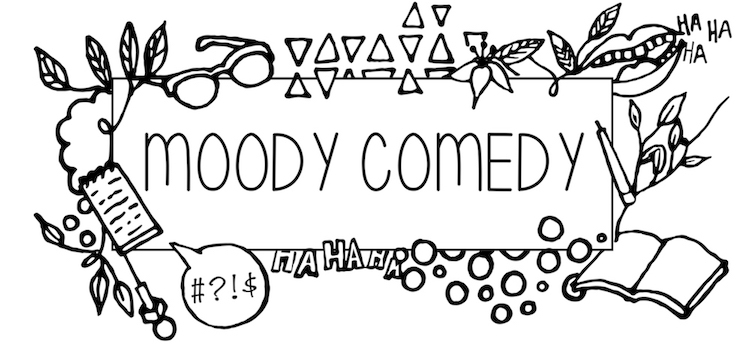We live in a world where vile things have coexisted with, and been caused by, us for as long as humans have lived. Maybe horrific events are as frequent and as constant as they ever have been, but our exposure to them is arguably greater than ever before due to our heightened internet and media accessibility. It’s getting hard to avoid hearing about and seeing bloodshed on all corners of the globe, and rightly so. The suffering of others shouldn’t be something we are allowed to ignore. But with our ever-increasing knowledge of what really goes on in the world outside of our homes comes an overwhelming sense of hopelessness, fear and frustration at the inevitability of more depravity to come. So how is it that we deal with such feelings? For many people, myself included, the first place to turn is comedy.
The horrifying terror attacks in Paris just over a month ago shocked and sobered the majority of us. Nobody worth the time of day is finding humour in the death of innocent citizens. However, it is often suggested that the most effective way of conquering the threat of terrorism lies not in force or violence, but in laughter of a strange kind; in ridicule. There is no element of this tragedy that is to be found funny but it has, yet again, got me thinking about how our opinions are shaped by what we view on television and how exactly we are expected to process this onslaught of information.
https://www.youtube.com/watch?v=oONoFFK5H0k
It can be claimed that the truth lies in the ridiculousness of it all. To laugh at something does, after all, disarm the thing that we are laughing at, rendering it inconsequential. Every waking moment revolves around the concept of death, regardless of whether we are aware of it or not. Everything in life essentially boils down to death but it seems, for the most fortunate of us, to be something we hear more about in the media than ever personally experience. Being eighteen, I have had limited encounters with the ill and the dying and that has left these concepts to be very abstract and distant in my daily life. My dog died unexpectedly at the beginning of November. I didn’t see her dead or even nearly dead and it felt strange to have her be there and then suddenly not be there anymore. Every time I talk about the fact my dog is dead, I laugh. My instinct now is to back this up by insisting that there is nothing funny about the fact my dog is dead, but if that was the case, surely I wouldn’t be laughing?
Laughter is perhaps our most relied-upon social tool, used to ensure a connection with others through the assurance that our communication is effective and our conversation understood. Laughing is also a means of deflecting stress and processing grief. It works as a defence mechanism when we feel uncomfortable or appears as a symptom of shock or fear. We also laugh when we feel connected within a community due to holding a common belief; it seems that we find humour in the good and the bad. I may, perhaps, view this topic from a biased perspective: I am, after all, a British citizen and we are particularly known for our droll humour. So is that why I haven’t been able to cry; because I am British?
Regardless of why we do it, it’s okay to laugh at things by way of processing information. Yes, it is often seen as socially inappropriate, but to laugh does not mean to laugh at something or someone. Perhaps it is the healthiest means we have by which to understand and digest the never-ending stream of atrocities we hear about in the news and maybe, as a result, it can become our lifeline. I won’t be seeing my dog again but I will continue to laugh at the fact she was an absolute moron.
